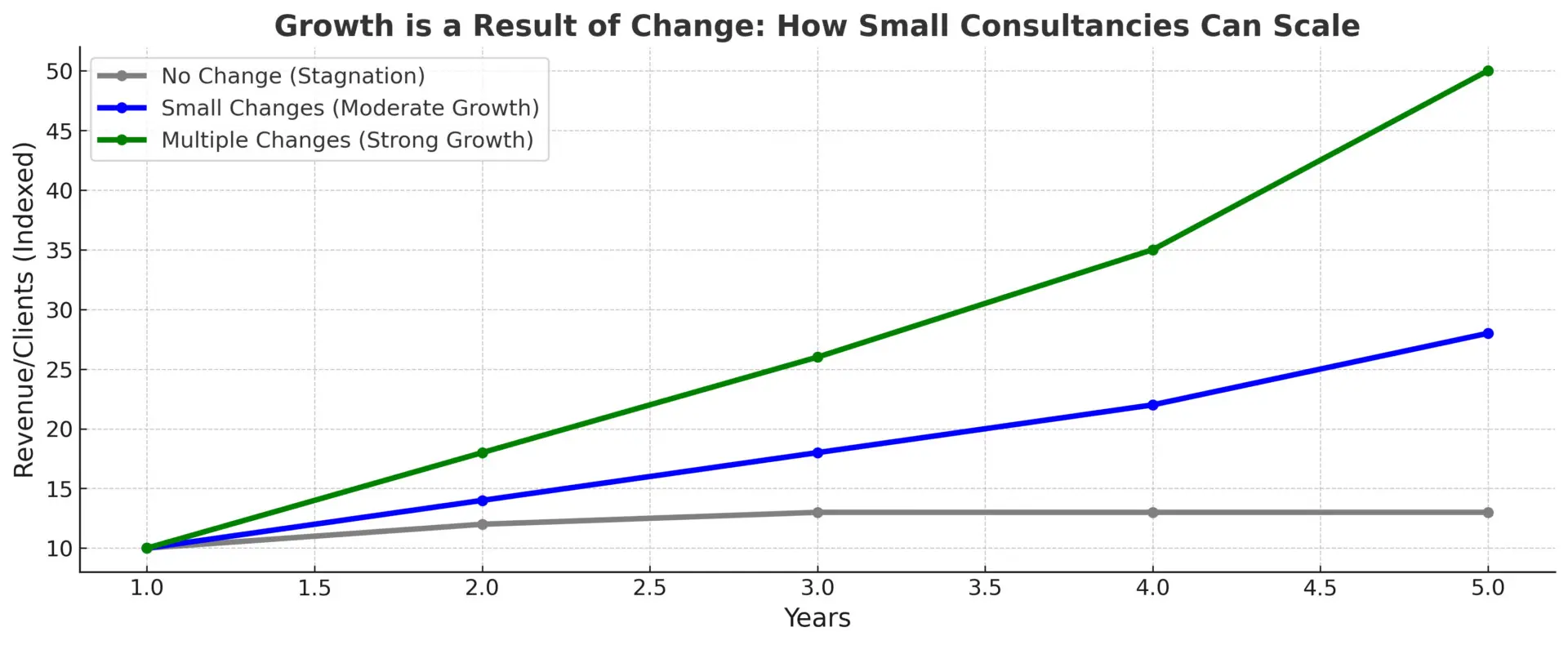
Being a manager is often associated with success, influence, and the ability to make a difference. Yet, the reality is that management can sometimes feel like a lonely road filled with challenges. For every strategic win or innovative idea that succeeds, there are periods when rejection seems to be the only constant. Whether it’s proposals turned down, team goals unmet, or personal initiatives overlooked, these moments can weigh heavily on a manager’s mental health.
Rejection strikes at the core of our self-worth. It activates feelings of inadequacy and feeds our inner critic, making it easy to spiral into self-doubt. For managers, this burden can be amplified by the responsibility of leading a team, maintaining performance, and navigating expectations from all sides. When rejection becomes persistent, it can lead to burnout, anxiety, and even depression.
Periods of professional struggle are inevitable, but the way managers address their mental health during these times determines how they emerge from them. Here are actionable strategies to not just survive but thrive despite rejection.
One of the most counterintuitive lessons for managers is that vulnerability is a source of strength. Acknowledging that things aren’t going well and seeking support—whether from peers, mentors, or even professional counselors—can relieve the mental burden. Sharing challenges with trusted colleagues also fosters authenticity, creating a culture where rejection is seen as part of growth rather than a personal failure.
Rejection isn’t an end—it’s information. Learning to view rejection through this lens can reduce its emotional sting. What does the rejection reveal about timing, approach, or expectations? By analyzing these moments critically instead of emotionally, managers can extract lessons that refine their future strategies.
For example, a rejected proposal might uncover gaps in understanding the stakeholder’s needs. Reworking the proposal becomes an opportunity to align better with organizational goals rather than a source of despair.
Much of the mental toll of rejection comes from focusing on outcomes that may not be fully within a manager’s control. Instead, shifting the focus to what can be controlled—the quality of work, the consistency of communication, and the ability to adapt—can create a sense of empowerment even during tough times.
Celebrate the effort and dedication that goes into tasks, regardless of the results. This not only builds resilience but also reinforces the intrinsic value of your work.
Mental health thrives on resilience, the ability to bounce back after setbacks. Practices like mindfulness, journaling, or cognitive behavioral techniques can help managers process rejection in a healthier way. Mindfulness, for instance, can teach managers to acknowledge negative emotions without judgment, preventing them from becoming overwhelming.
Taking small mental breaks during the day—whether a brief walk, deep-breathing exercises, or a short reflective pause—can also reduce stress and restore clarity.
Self-care isn’t just spa days and vacations; it’s the intentional practice of restoring mental, physical, and emotional energy. Exercise, sleep, and nutrition are foundational pillars of mental health. A well-rested and nourished manager is better equipped to face challenges head-on.
Self-care also involves setting boundaries. Knowing when to step away from work to recharge isn’t a sign of weakness—it’s a strategic move to ensure sustainability.
Managers have the unique ability to shape workplace culture. By openly discussing the importance of mental health and sharing personal practices, managers can destigmatize these conversations. This not only helps their own mental well-being but also creates a supportive environment where the team feels safe to address their own struggles.
Periods of rejection often feel endless, but they are just that—periods. Remembering the cyclical nature of professional life can help maintain perspective. No manager’s career is defined by a single rejection or even a season of struggles. Success is built over time, often in the face of repeated challenges.
Taking time to reflect on past successes and moments of growth can reinforce the belief that challenges, too, will pass.
Compassion—both for yourself and others—is essential during tough times. Managers often give generously to their teams, but neglect to offer themselves the same kindness. Practicing self-compassion allows you to acknowledge that struggling doesn’t make you less capable or less deserving of success.
By actively working on mental health, managers can transform rejection from a source of discouragement into a stepping stone for growth. These strategies not only safeguard your well-being but also set an example of resilience and adaptability for your team. In the face of rejection, it’s not about avoiding the storm—it’s about learning how to weather it with grace and emerge stronger.


